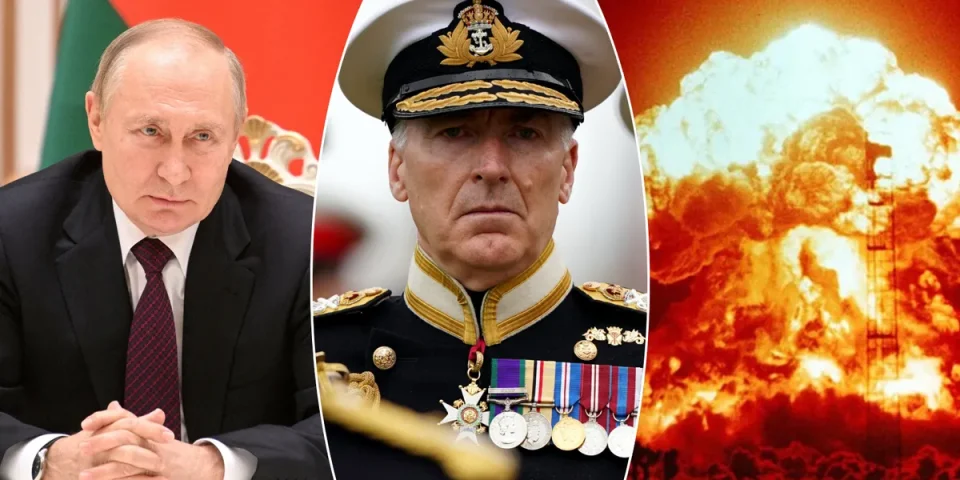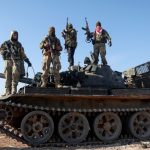The head of the United Kingdom’s armed forces, Admiral Sir Tony Radakin, has issued a stark warning that the world stands on the brink of a third nuclear age.
In a lecture at the UK’s Royal United Services Institute on Wednesday, Radakin stated, “The world has changed.” He added, “Global power is shifting, and a third nuclear age is upon us.” According to him, this new age is “far more complex” than the previous ones, with the first defined by the Cold War and the second characterized by disarmament efforts.
Radakin described the dawn of the third nuclear age as being marked by “multiple and concurrent dilemmas, proliferating nuclear and disruptive technologies, and the almost total absence of the security frameworks that previously existed.” He pointed to Russia’s war in Ukraine and ongoing conflicts in the Middle East as factors that have destabilized the global landscape.
Highlighting significant developments, he called the deployment of North Korean troops near Russia’s border with Ukraine the “most extraordinary development” of the year, along with Moscow’s utilization of Iranian-supplied drones and threats to arm Yemen’s Houthi rebels in response to Western support for Ukraine.
Following a recent update to Russia’s nuclear doctrine just days after US President Joe Biden allowed Ukraine to use American-made weapons to strike targets deep in Russia, Radakin remarked that there remains only a “remote chance” of a Russian attack on NATO, as the repercussions would be “overwhelming—whether conventional or nuclear.”
“The strategy of deterrence by NATO works and is effective,” he asserted, emphasizing the need for ongoing strength and reinforcement against a more dangerous Russia.
According to Radakin, global unease is creating three distinct factions in the world. The first comprises authoritarian states “seeking to challenge the global rules,” which include Russia, China, North Korea, and Iran. The second group consists of “responsible nations,” primarily democracies, but also involving some Gulf monarchies committed to stability and security. Lastly, the third group is made up of nations “hedging and ducking between the two for maximum advantage.”
He underscored that NATO must maintain an upper hand over its adversaries to effectively counter threats.
Reflecting on recent military actions, Radakin mentioned that an Israeli strike on Iran had severely crippled Tehran’s missile production capability for a year and significantly weakened its air defense system.
“In this context, Russia illustrates how not to engage in combat, while Israel’s approach to Iran showcases the significant advantages of modern warfare,” Radakin concluded.
Credit: CNN




